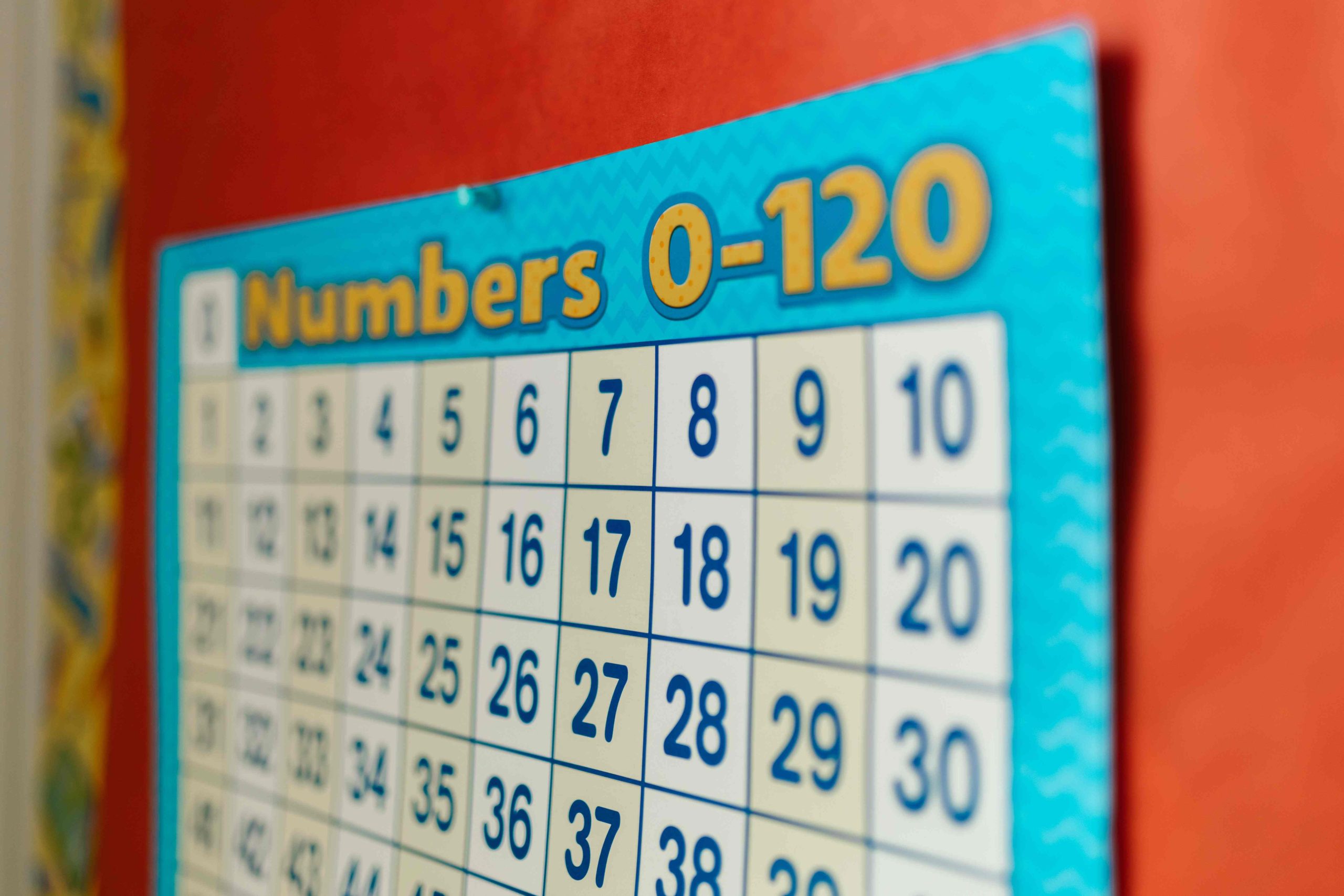
Fun and Creative Materials for Teaching Preschool Math
Mathematics is an essential subject introduced from an early age. Despite its challenges, preschoolers must grasp foundational math concepts. Utilizing creative materials effectively can simplify preschool math education. In this article, we explore innovative materials aiding preschool math education.
Counting with Manipulatives
Counting, a fundamental concept, can be facilitated through manipulatives, physical objects representing numbers like blocks or counting bears. These materials aid preschoolers in visualizing numbers.
To initiate counting with manipulatives, provide a set of objects, like five blocks. Prompt your preschooler to count them, then introduce another set, such as three blocks, and encourage combining and counting both sets. Gradually increase complexity as proficiency improves.
Sorting and Patterning
Sorting and patterning are crucial skills involving recognizing and creating patterns. These concepts can be taught using buttons, beads, or pattern blocks. Sorting activities categorize objects based on color, shape, or size, while patterning involves creating and extending patterns.
Number Recognition with Games
Games enhance math engagement, facilitating number recognition. “Number bingo” and “number matching” are popular games aiding number identification and comprehension.
Measuring with Non-Standard Units
Measurement, an essential math skill, is introduced using non-standard units like blocks or crayons. Show preschoolers how to measure objects’ length and height using these units.
Graphing with Pictures
Graphing involves organizing and displaying data visually. Preschoolers can create pictographs using objects like apples or teddy bears, improving data comprehension.
Geometry with Shapes
Geometry understanding begins with shapes and spatial relationships. Utilize shape puzzles or shape hunts to reinforce shape recognition. Explore 2D and 3D shapes with materials like blocks or playdough.
Storytelling with Math
Incorporating math into stories reinforces its relevance in daily life. Stories involving sharing apples or measuring distances make math concepts tangible. Encourage interactive storytelling to enhance comprehension.
Technology and Math
Technology offers engaging math learning experiences through educational apps and games. Select age-appropriate apps, combining digital and traditional materials for effective learning.
Math in Everyday Life
Integrating math into daily activities fosters practical application. Point out math in everyday scenarios, involve preschoolers in activities like cooking or budgeting, reinforcing math concepts’ real-world significance.
Collaborative Math Activities
Collaborative activities promote social interaction while reinforcing math concepts. Activities like math scavenger hunts or relay races encourage teamwork and discussion.
Math in Art
Art activities combine creativity with math concepts, enhancing fine motor skills and visual-spatial awareness. Creating patterns or designs with various materials reinforces math skills.
Encouraging a Growth Mindset
Fostering a growth mindset cultivates a positive attitude towards math. Praise effort over achievement, encourage perseverance, and stimulate problem-solving to develop confidence in math abilities.
Math Games to Play with Preschoolers
Engaging math games reinforce concepts while being enjoyable. Games like number bingo, shape hunts, or pattern play enhance math skills through interactive play.
Using Music to Teach Math
Music aids memory and reinforces math concepts through catchy tunes. Create math-related songs or incorporate movement into math activities, making learning enjoyable.
Cooking with Preschoolers
Cooking activities provide hands-on learning experiences for math concepts like measurement and fractions. Involving preschoolers in measuring ingredients or sorting enhances math comprehension.
Math Apps for Preschoolers
Educational math apps offer interactive learning experiences, reinforcing math skills through puzzles and games. Age-appropriate apps engage preschoolers in math concepts effectively.
By incorporating these strategies and materials, preschool math education can be made engaging and effective, fostering a love for math from an early age.


